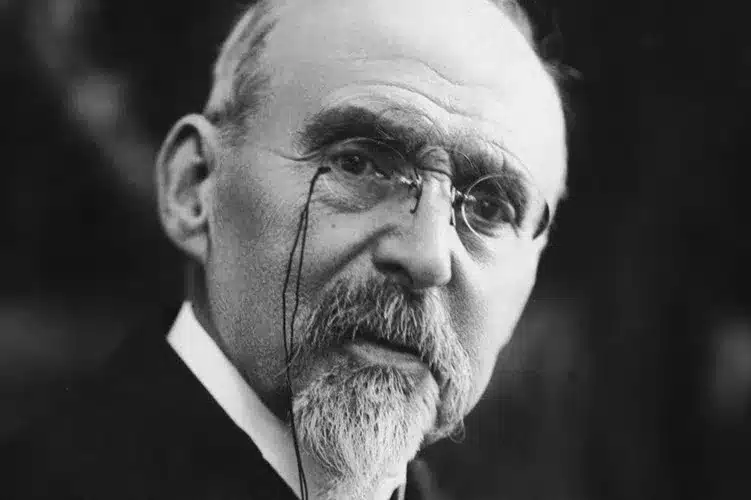Ferdinand Buisson: Architect of Peace and Education

Ferdinand Buisson (20 December 1841 – 16 February 1932) was a French statesman, pacifist, and educational reformer. He is perhaps best known for his role in the development of the French public education system, particularly for his work in establishing laicite, the principle of secularism, in the French school system.
Life and Career
He was born on 20 December 1841, in Paris, France. He worked as a schoolteacher and became involved in socialist and pacifist politics in the late 19th and early 20th centuries. He advocated the United States of Europe at the first Geneva peace conference in 1867. He started an asylum for war orphans after Paris fell in the Franco-German War of 1870-71.
In 1882, he was appointed director of primary education in the French Ministry of Public Instruction. He used this position to advocate for a more secular education system that would be accessible to all children, regardless of their religion. Buisson believed that the state should be responsible for providing education and that this education should be free, secular, and compulsory.
He taught at the Sorbonne (1896–1902), then served in the chamber of deputies (1902–14, 1919–23). Buisson also played a role in the development of the League of Nations, serving as the French representative to the League’s Council in the 1920s. He was a vocal critic of war and militarism. In addition to his work in education and politics, Buisson was a prolific writer and scholar. He wrote numerous books and articles on topics such as education, philosophy, and social reform, and was a respected member of the French intellectual community. Ferdinand Buisson died on 16 February 1932, in Thieuloy-Saint-Antoine, France.
Award and Legacy
He was awarded the Nobel Peace Prize in 1927 jointly with the German pacifist Ludwig Quidde for his efforts at peacemaking during World War I and postwar work for Franco-German amity.
Observer Voice is the one stop site for National, International news, Sports, Editor’s Choice, Art/culture contents, Quotes and much more. We also cover historical contents. Historical contents includes World History, Indian History, and what happened today. The website also covers Entertainment across the India and World.
Follow Us on Twitter, Instagram, Facebook, & LinkedIn

